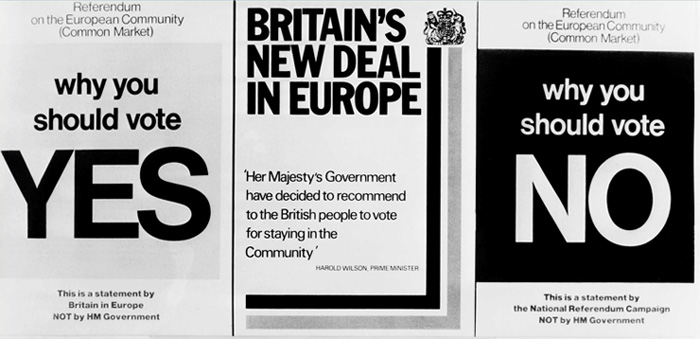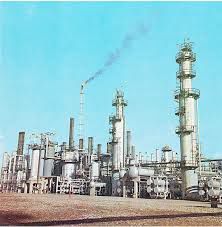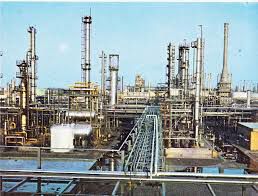Harold MacMillan, like his predecessors Churchill and Eden, had the view that "we are with Europe, but not of it. We are linked, but not compromised. We are interested and associated, but not absorbed.... We belong to no single continent, but to all."1 Nevertheless, as was, in particular, Churchill, so was MacMillan in favour of the creation of a European federal system. This was, in fact, Churchill's ultimate objective. First was partnership and alliance with the United States, second, evolution of the Modern Commonwealth, and finally, close co-operation with Europe. Having achieved the first and second objectives, MacMillan now wanted...
Read More
Immediate Background to the Nationalisation of the Anglo-Iranian Oil Company’s Crisis: Britain and Iran
To protect her national interests, political influence and strategic interests, Great Britain needed to extend her influence beyond the boundaries of the United Kingdom. This, in previous centuries and to some degree in this century, has led her to seek direct or indirect domination of foreign lands. To begin with, the state's need for expansion will be discussed. The theory of state expansionism The tendency to expand, on the principle of growth, may characterise all social organisms. This may also be put as the propensity of states to expand; that is to enlarge their physical selves, their territory, or their...
Read More
1948: THE BRITISH LABOUR GOVERNMENT AND THE COMING OF THE ANGLO-IRANIAN OIL COMPANY’S CRISIS
Oil and British government involvement, 1914 - 1948 On 28th May 1901, William Knox D'Arcy entered into agreement with the Iranian Government to exploit oil. After protracted negotiations the contract included the following provisions: (a) The exclusive right for 63 years to exploit petroleum throughout the Persian Empire, with the exception of five provinces in north Persia. (b) On the date of the formation of the first exploitation company the Persian Government was to receive £20,000 in cash, £20,000 in paid up shares and 'annually a sum equal to sixteen per cent' of the Company's profits. (c) On expiration of...
Read More
THE FALL OF THE BRITISH LABOUR GOVERNMENT IN 1951, IN THE MIDST OF THE NATIONALISATION OF THE ANGLO-IRANIAN OIL COMPANY’S CRISIS.
The Labour Government faced the Anglo-Iranian Oil Company's nationalisation crisis without much warning, for their information from Iran was scantly, and largely dependent on the AIOC. The Foreign Office was in some disarray, with a newly arrived Foreign Secretary, Herbert Morrison. Morrison became Foreign Secretary at roughly the same time that Dr. Musaddiq ascended to power. When nationalisation of the AIOC was proclaimed on 2nd May 1951, Musaddiq became one of the new Foreign Secretary's foremost anxieties. Morrison, who had moved from Home Secretary to Foreign Secretary to replace Bevin, knew that the British public would be outraged by any...
Read More
THE COMING OF THE BRITISH CONSERVATIVE PARTY TO OFFICE IN 1951 AND THE NATIONALISATION OF THE ANGLO-IRANIAN OIL COMPANY’S CRISIS.
The aim of this article is to examine how the Conservative Party, which came to power after the fall of the Labour Government in October 1951, dealt with the Anglo-Iranian Oil Company's crisis. The Conservative Party traditionally and conspicuously supported standing for the British Empire and its expansion. It was the Conservative Government that brought the Anglo-Iranian Oil Company's crisis to a settlement by 1954. The Conservative Party took office on 25th October 1951 with Churchill as Prime Minister presiding over the crisis. Churchill was overtly a defender of British imperial power and believed in taking firm action against those...
Read More





